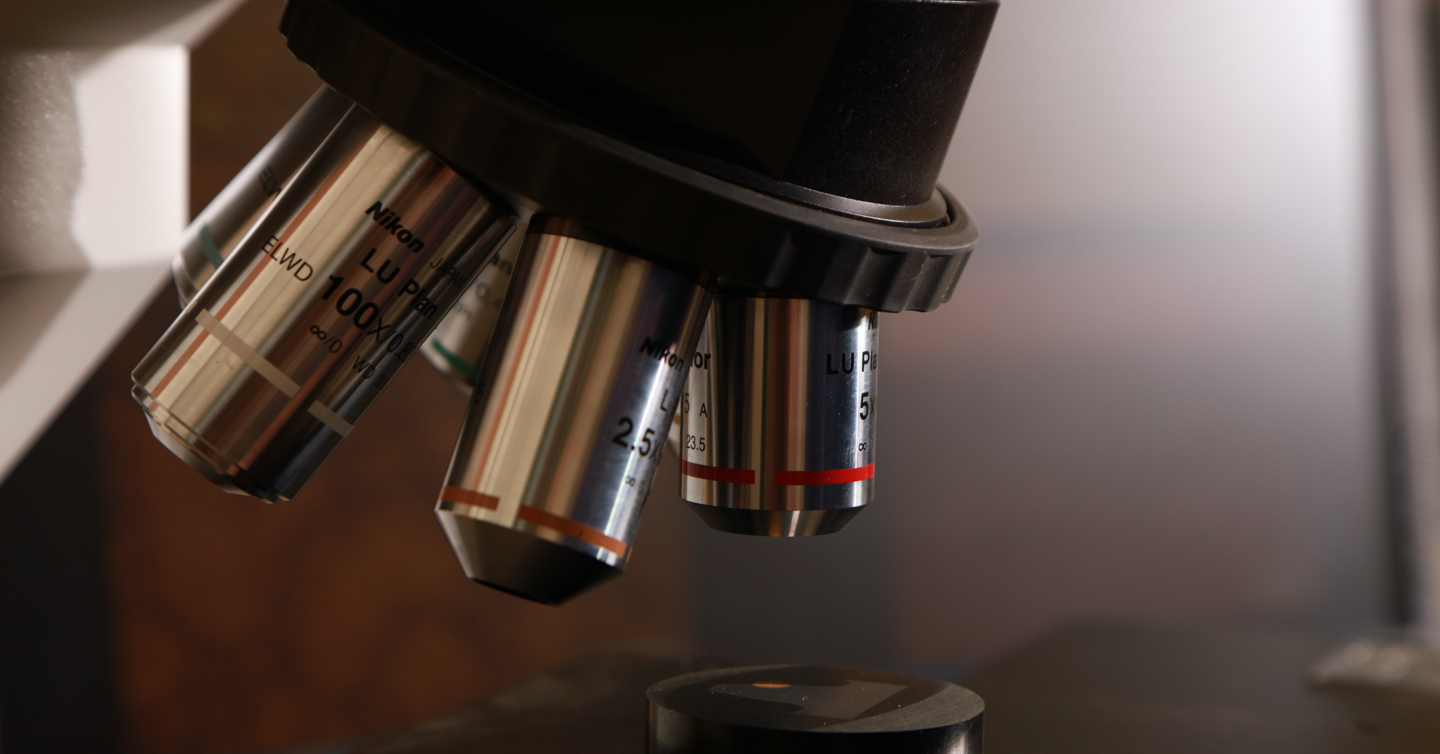Shannon Jamieson
Exploring the use of poly-ether-ether-ketone (PEEK) in joint replacement.
Email: s.jamieson2@ncl.ac.uk
Project supervisors
- School of Engineering
- Faculty of Medical Sciences
- Newcastle Healthcare Technology Lab
Project description
Total joint replacement (TJR) is the leading treatment option for end-stage osteoarthritis (OA). It alleviates the chronic symptoms of OA. It also prevents the development of disability.
TJR implants consist of a variety of different materials including polyethylene and metals. Poly-ether-ether-ketone (PEEK) is a novel plastic. It is currently under investigation for use in all-polymer total knee replacement (TKR) implants. PEEK has many favourable qualities over traditional metal and polyethylene implants. It is radiologically clear. It has a Young’s modulus similar to that of cortical bone. Thus, it reduces stress-shielding-induced bone loss which can worsen OA. But some reports suggest PEEK can cause osteolytic effects in patients.
If PEEK is to be a viable option for TKR, there needs to be an in-depth investigation of the potential immunobiological and osteolytic effects of PEEK debris in vitro. Such an investigation would idenfiy biological effects and provide us with understanding of them.
I am examining the effect of clinically-relevant PEEK debris on gene expression and protein secretion. I am also exploring the functional biological responses such as chemotaxis. I am using in vitro techniques in conjunction with human cell models in this research.
The project will also use patient samples taken from revision surgery. This will enable me to isolate and characterise debris generated in vivo. I will explore protein biomarker expression in patients undergoing osteolysis.
Qualifications
- BSc (Hons) Biomedical Sciences
- MRes Immunobiology
